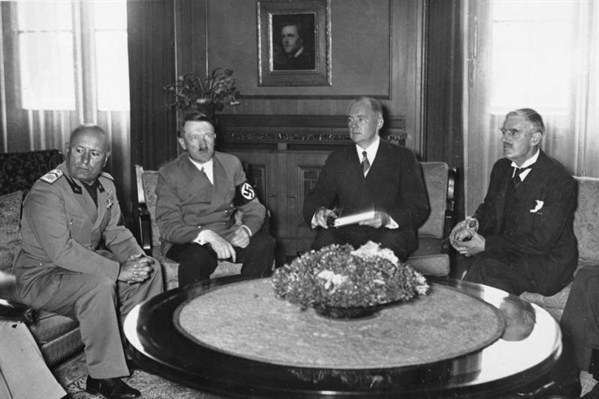The Nobel-winning author William Faulkner once famously wrote, “The past is never dead. It’s not even past.”
While Faulkner’s insight applies to a wide array of human affairs, it has become something of a professional hazard for foreign policy pundits. There is perhaps no field of public policy more regularly misdescribed and misrepresented by false historical analogies than international affairs.
It’s a problem that exists across the political spectrum—both for hawks, who view any willingness to utilize diplomacy or deal with nefarious regimes as another Munich and any reluctance to use military force as a concession to tyrants; and for doves, for whom every military intervention is Iraq War II and every alleged government cover-up is the Pentagon Papers redux.

